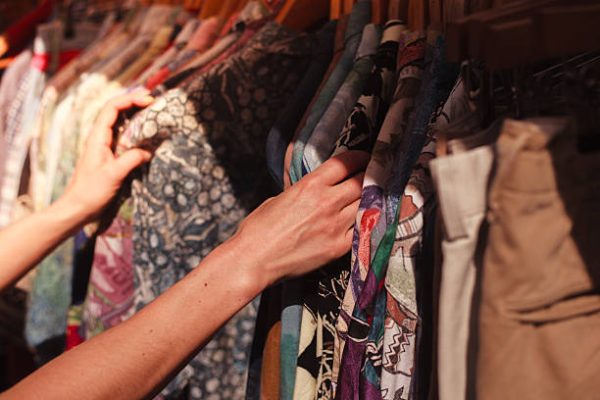Social Media: Just as damaging as pop
Teens should limit social media use because it is detrimental to mental health.
Toxic. Connecting. Exhausting. Inspiring. Hurtful. Impersonal. Draining.
Social media paints a perfect picture of people’s lives, connects you with relatives and is filled with photoshopped images of celebrities. It’s just a glimpse into the lives of others, not including the heartbreak or struggle.
I’ve been through hundreds of photos, searching for just one that may satisfy the judging eyes of my peers. They’ll never see the hundreds that end up in the trash folder.
Let’s say someone drinks a 2-liter bottle of soda a day. Now, let’s say someone spends 3 hours on social media a day. Both of these actions are detrimental to one’s health.
Just as soda is terrible for your physical health, social media is bad for your mental health. The physical effects are just easier to identify than the mental effects.
After a month of drinking a liter a day, soda bottles line the counter. Social media has the same effect, with hours of screen time piling up. Many do not realize the harm they’ve done until it’s too late.
Body image isn’t the only thing tainted by social media. Teenagers use interaction with their posts, such as likes, comments, and shares, as a measure of their worth.
In a Harvard study, researchers also found that there is dopamine released after every notification we receive. Dopamine rewards our brains when we complete beneficial tasks and encourages us to do it more often.
This means that likes are associated with happiness. Each time a teenager puts out a new post, they are hungry for likes. The more a person uses social media, the more they expect and need interactions with their posts in order to satisfy their reward center.
According to NPR’s Hidden Brain, people who use social media frequently appear to be unhappier than those who infrequently use social media platforms.
Hidden Brain also dives into the idea that comparing yourself to others is more frequent when you use social media. In reality, social media is an unrealistic glimpse into the lives of others.
If that isn’t enough, social media is often commonly traced to anxiety, depression and low self-esteem. Nearly one in three of all people aged 13 to 18 experience some form of an anxiety disorder. In recent years, these numbers have only been rising.
Social media doesn’t have to take control of your life.
Perhaps you could try disabling your notifications for your most used social media apps. You could also set up screen time limits through Settings on an iPhone. The most beneficial thing you can do is to be aware of your technology use. Take a look at your screen time at least once a week and reflect.
The only way to change your habits is to be aware of them. Make the conscious change.

Makayla Stewart is a senior and this is her fourth semester in journalism and her third semester as an Editor-in-Chief. When she’s not in the throwing...



